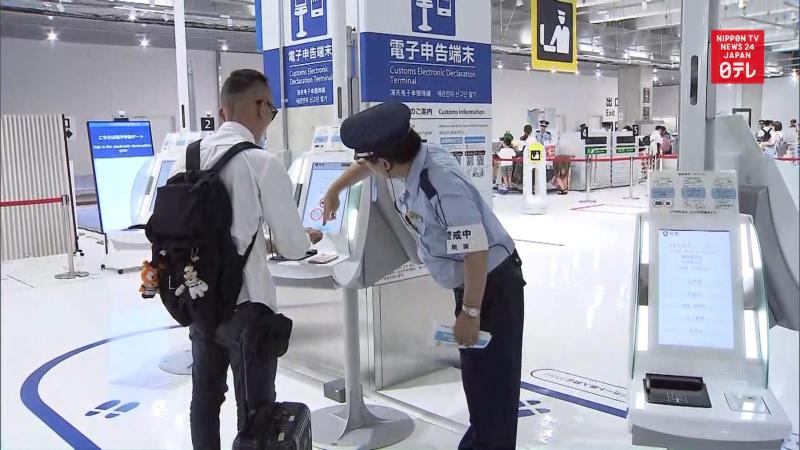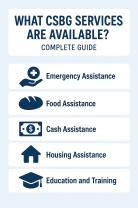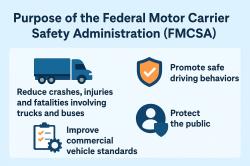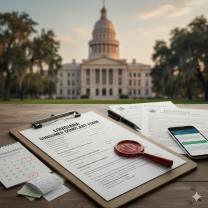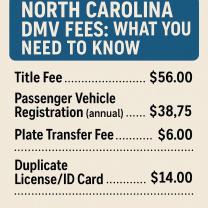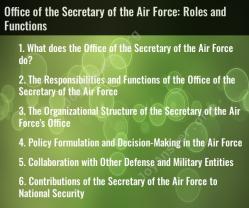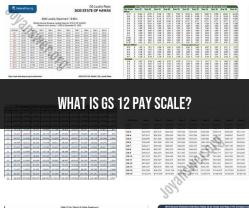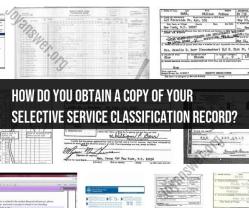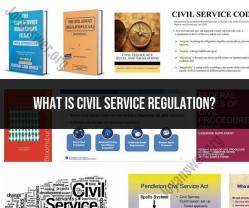What does the CBP do?
Customs and Border Protection (CBP) is a vital agency within the United States Department of Homeland Security responsible for safeguarding the borders and facilitating lawful international travel and trade. Some of its primary functions include:
Border Security: CBP works to secure the nation's borders against illegal entry of people, weapons, drugs, and contraband. This involves monitoring and patrolling borders, ports of entry, and coastal waters.
Immigration Control: CBP manages immigration at ports of entry by inspecting travelers and determining their admissibility into the United States. They enforce immigration laws and ensure compliance with visa regulations.
Trade Facilitation: CBP oversees the flow of legitimate goods and trade while preventing the entry of counterfeit or illegal goods. They enforce trade laws and regulations to protect U.S. businesses and consumers.
Customs Enforcement: CBP is responsible for collecting duties, tariffs, and fees on imported goods. They also enforce laws related to intellectual property rights and trade compliance.
Air and Marine Operations: CBP operates air and marine units to patrol borders, intercept illegal activities, and respond to security threats along the coasts and at ports of entry.
Enforcement and Investigations: CBP conducts investigations and enforcement operations related to border security, smuggling, human trafficking, and other illegal activities.
Technology and Infrastructure: CBP employs various technological tools and develops infrastructure to enhance border security, including surveillance systems, biometric identification, and advanced screening methods.
Collaboration and Partnerships: CBP collaborates with other federal, state, local, and international agencies to strengthen border security and enhance the efficiency of trade and travel.
Overall, CBP plays a critical role in protecting the United States by maintaining the integrity of its borders, regulating international trade, and enforcing immigration and customs laws.
The U.S. Customs and Border Protection (CBP) is a federal agency within the U.S. Department of Homeland Security (DHS) charged with securing the nation's borders while enhancing the nation's global economic competitiveness by enabling legitimate trade and travel. CBP is the world's largest border security organization with over 60,000 employees at over 300 ports of entry nationwide and around the world.
Functions of the CBP
The CBP has a wide range of functions, including:
- Enforcing U.S. immigration and customs laws: This includes inspecting people and goods entering and leaving the United States, apprehending illegal immigrants, and investigating and prosecuting immigration and customs violations.
- Protecting the U.S. border: This includes patrolling the U.S.-Mexico border, the U.S.-Canada border, and the coastal waters of the United States, as well as using technology to monitor the borders.
- Facilitating lawful trade and travel: This includes processing applications for visas and other immigration benefits, as well as inspecting goods entering and leaving the United States to ensure that they meet U.S. standards.
- Collecting import duties and taxes: CBP is responsible for collecting import duties and taxes on goods entering the United States. These duties and taxes are a major source of revenue for the U.S. government.
- Investigating and prosecuting immigration and customs violations: CBP has a team of special agents who investigate immigration and customs violations. These agents have the authority to arrest and prosecute individuals who violate U.S. immigration and customs laws.
- Responding to natural disasters and other emergencies: CBP has a team of emergency response personnel who are trained to respond to natural disasters and other emergencies. These personnel can provide assistance with search and rescue, evacuation, and disaster relief.
- Safeguarding the nation's critical infrastructure: CBP is responsible for safeguarding the nation's critical infrastructure, such as ports, airports, and power plants, from threats such as terrorism and natural disasters.
- Protecting the environment: CBP is responsible for protecting the environment by preventing the entry of harmful pests and diseases into the United States.
- Enforcing intellectual property rights: CBP is responsible for enforcing intellectual property rights by preventing the entry of counterfeit and pirated goods into the United States.
- Combating terrorism and other threats to national security: CBP is responsible for combating terrorism and other threats to national security by working with other law enforcement agencies to identify and prevent terrorist attacks and other threats to the United States.
How the CBP Operates
CBP operates through a network of field offices, ports of entry, and other facilities. The agency also has a number of specialized units, such as the Border Patrol, the Office of Field Operations, and the Office of Intelligence.
The Border Patrol is responsible for patrolling the U.S.-Mexico border and the U.S.-Canada border. The Office of Field Operations is responsible for inspecting people and goods entering and leaving the United States at ports of entry. The Office of Intelligence is responsible for collecting and analyzing intelligence information to support CBP's mission.
CBP also uses a variety of technology to support its mission, such as sensors, cameras, and radar. This technology helps CBP to monitor the borders, identify and track people and goods, and prevent illegal activity.
Responsibilities of the CBP
The CBP has a number of important responsibilities, including:
- Protecting the United States from terrorism and other threats to national security: CBP is responsible for preventing terrorists and other dangerous individuals from entering the United States. The agency also works with other law enforcement agencies to identify and prevent terrorist attacks and other threats to the United States.
- Enforcing U.S. immigration laws: CBP is responsible for enforcing U.S. immigration laws by apprehending illegal immigrants and investigating and prosecuting immigration violations.
- Facilitating lawful trade and travel: CBP is responsible for facilitating lawful trade and travel by inspecting goods entering and leaving the United States, processing applications for visas and other immigration benefits, and providing customer service to travelers and businesses.
- Collecting revenue: CBP is responsible for collecting import duties and taxes on goods entering the United States. These duties and taxes are a major source of revenue for the U.S. government.
The CBP is an important agency that plays a vital role in protecting the United States and its citizens. The agency's work helps to keep the United States safe, secure, and prosperous.
